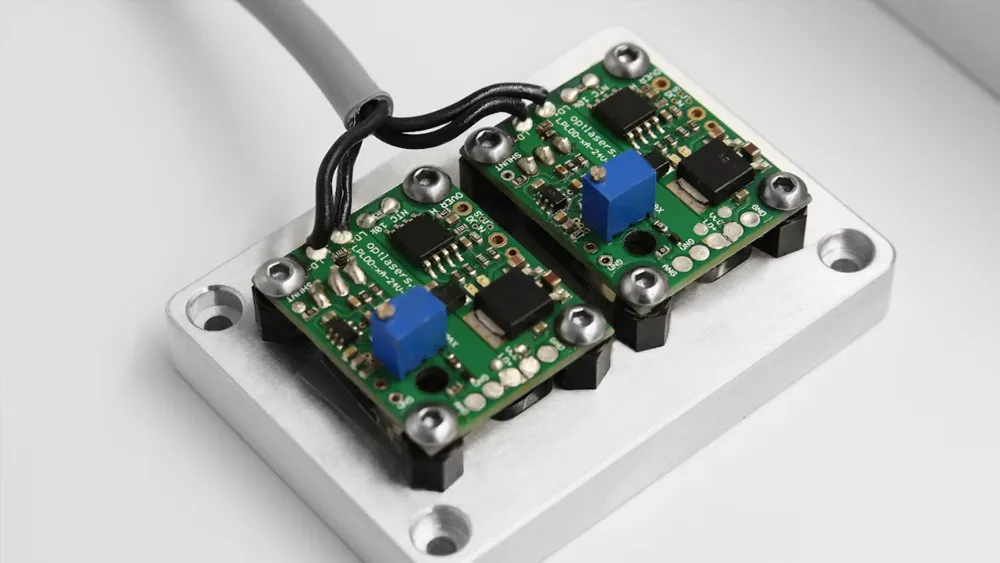
Do I Need FCC Certification If I Have UL Certification?
FCC certification and UL certification are the two most common certifications in the United States. Customers often ask, "Do I need to do both FCC and UL certifications?" or "If I have FCC certification, do I still need UL certification?" To enter the U.S. market, FCC certification is mandatory; without it, products cannot be imported, and customs will require you to present an FCC certification certificate.

UL certification, while not mandatory for entry into the U.S. market, is highly recommended. UL certification signifies compliance with U.S. safety standards and is a voluntary certification. It requires factory inspections. Products with UL certification are at a significant advantage because it is well-regarded by American consumers.
FCC Certification for WiRED and Wireless Products:
- Wired Products: Applying for fcc sdoc (Supplier’s Declaration of Conformity) is sufficient.
- Wireless Products: Testing can be conducted through a locally authorized lab, which will then register the product's fcc id with the FCC. Currently, registering an FCC ID also requires a U.S. representative.
Understanding UL Certification:
UL stands for Underwriters Laboratories Inc, established in 1894. It is the most authoritative and largest private institution in the U.S. engaged in safety testing and certification.
UL certification in the U.S. is voluntary and mainly focuses on product safety performance. It does not cover the product’s EMC (electromagnetic compatibility) characteristics. FCC certification, on the other hand, addresses EMC.
Certification Requirements Based on Product Type:
- Low Voltage Powered Products: Require FCC sdoc certification.
- Low Voltage Wireless Products: Require fcc id certification plus a U.S. representative.
- High Voltage Products: Require fcc sdoc certification plus a ul report.
- High Voltage Wireless Products: Require FCC ID certification, UL report, plus a U.S. representative.
Differences Between FCC and UL Certification:
1. Testing Focus:
- UL Certification: Focuses solely on safety regulations.
- FCC Certification: Focuses on electromagnetic compatibility (EMC) and radio frequency (RF).
2. Scope of Products:
- FCC: Applies to electronic products with a working frequency of 9KHz or higher.
- UL: Can be applied to almost any product, whether it is powered or not.
3. Certification Type:
- FCC: Mandatory certification.
- UL: Voluntary certification, although highly recognized in the U.S. market.
4. Regulating Bodies:
- FCC: Regulated by the U.S. government agency, the Federal Communications Commission.
- UL: Managed by the authoritative private commercial institution in the U.S.
5. Factory Inspections and Annual Audits:
- FCC: Does not require factory inspections or annual audits.
- UL: Requires both factory inspections and annual audits.
6. Application Time and Cost:
- FCC: Lower cost and shorter application period.
- UL: Higher cost and longer application period.
7. Application Complexity:
- FCC: Relatively simple, does not require factory inspections, and certification can be issued by FCC-authorized bodies.
- UL: More complex and stringent, with certification issued only by UL without delegation to other organizations.
Email:hello@jjrlab.com
Write your message here and send it to us
 Canada ISED Certification RSS-247 Standard Testing
Canada ISED Certification RSS-247 Standard Testing
 What Are the Product Compliance for Amazon Austral
What Are the Product Compliance for Amazon Austral
 Australia IoT Security Compliance
Australia IoT Security Compliance
 V16 Warning Light EU EN 18031 Cybersecurity Certif
V16 Warning Light EU EN 18031 Cybersecurity Certif
 Japan IoT Security JC-STAR Certification
Japan IoT Security JC-STAR Certification
 FCC SDoC Compliance Information Statement
FCC SDoC Compliance Information Statement
 What Does FCC SDoC Certification Mean?
What Does FCC SDoC Certification Mean?
 What is Bisphenol A (BPA) Testing?
What is Bisphenol A (BPA) Testing?
Leave us a message
24-hour online customer service at any time to respond, so that you worry!




